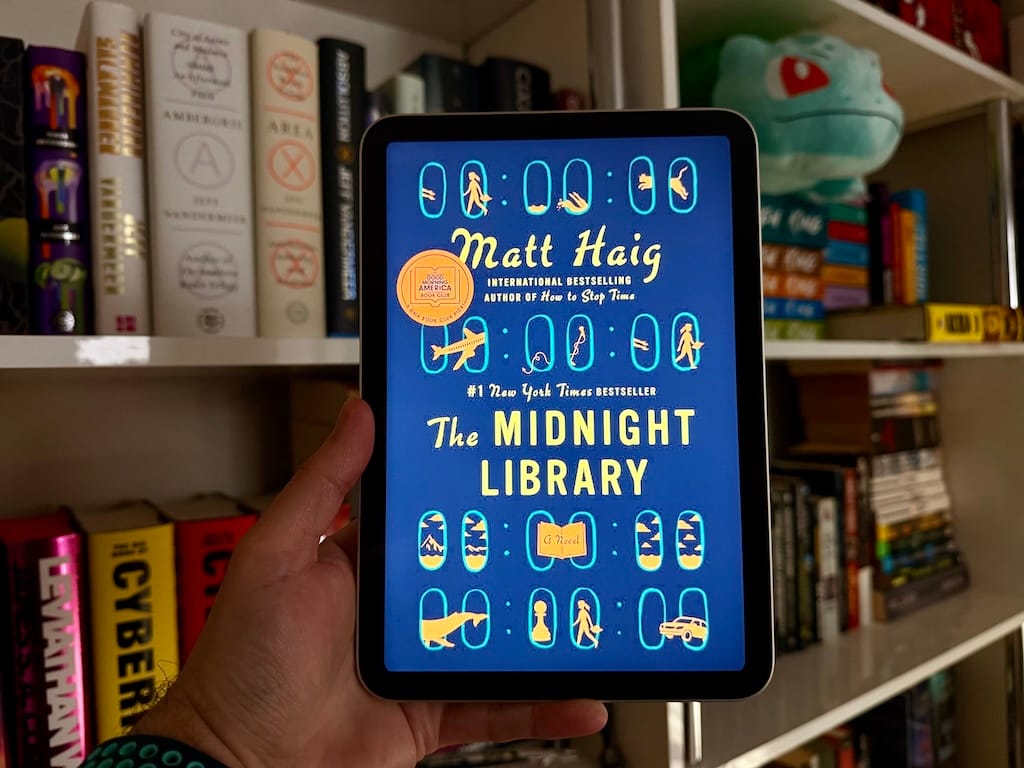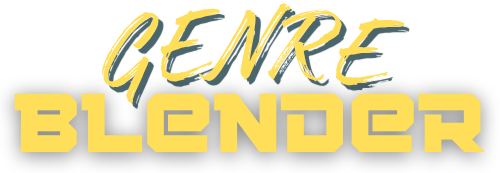A Dose of Tropey Goodness from The Midnight Library

I’ve just finished listening to The Midnight Library on audiobook, written by Matt Haig and narrated by Carey Mulligan. I won’t pretend I’m not still wiping a couple of stray tears from my eyes, despite the book possibly being the tropiest of tropey books that I’ve ever read in my life.
And that’s not necessarily a bad thing.
The Oxford dictionary defines a trope as “a significant or recurrent theme; a motif.” In storytelling, a literary trope is a narrative device authors uses as a kind of shorthand to convey something about a character or plot or theme. Tropes rely on the reader being familiar with them, and this established relationship between author and reader allows for some pretty cool things like subverting a trope for a big twist, or using the reader’s assumptions against them to make a powerful political statement.
The Midnight Library uses many tropes including the fake better alternative timeline, the butterfly effect, the magic librarian, and many more (be careful—here be spoilers!).
Literary tropes, especially those a single step away from falling into the abyss of clichés, are like a big bag of popcorn or your favourite old hoodie that's barely holding together: they’re familiar, comforting, and we often crave them even though we know there are healthier, more sensible or stimulating options. The tropes in The Midnight Library exist to lead us by the hand, to take us into the story in a way that’s easy to understand, so that its message can resonates with us as fully as possible.
Tropes also help to contrast the details and specificity of the story—the stuff that the author injects into the story to make it come alive and feel real and unique, which is precisely the opposite of a trope or cliché—and oh my days, The Midnight Library packs these in until they’re close to bursting. These are the moments when I laughed or cried the hardest while reading, and they're what separates this book from other trope-heavy books that come across as worn out and tired.
Plus, the book is funny, and very British, and clever, and has a bunch of philosophical 'Easter eggs' that I hollered at. But most importantly, like its author it doesn’t pretend to be something its not. It wears its heart on its sleeve, as does Matt Haig who has been very candid about his own mental health struggles and neurodivergence diagnosis journey. He’s a good egg, and although I haven’t read his non-fiction books, I know several others who swear they helped during some dark times.
The Midnight Library isn’t the best book ever written, but it doesn’t need or claim to be. It’s pure, honest, tropey goodness, and it sure as hell got me in the feels.
